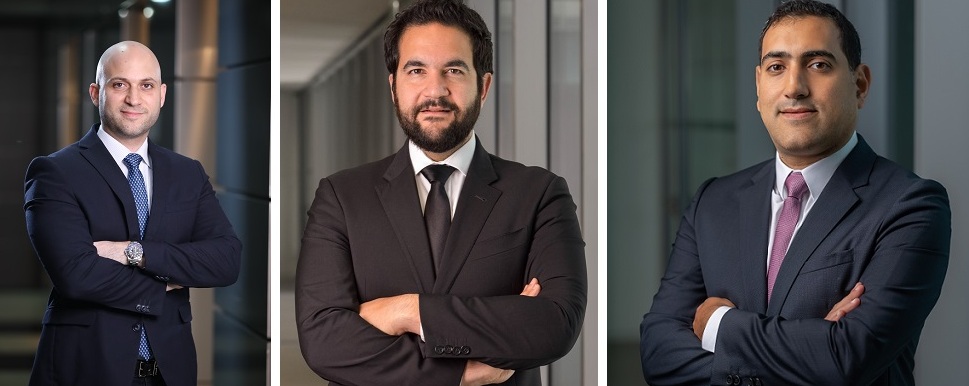MENA countries should allocate over $500 billion towards urban regeneration initiatives.
A recent study conducted by Strategy& Middle East, part of the PwC network, highlights the urgent need for Middle East and North Africa (MENA) countries to incorporate environmental, social, and governance (ESG) principles into their urban regeneration strategies. This integration is essential to foster inclusive economic development and preserve cultural heritage in the region.
The demand for urban regeneration is evident across the MENA region, as unplanned settlements, commonly known as “informal settlements,” continue to proliferate. Astonishingly, 40% of the populations in Cairo and Makkah reside in such settlements. Additionally, the construction sector’s emissions and ongoing building operations contribute to a staggering 37% of energy-related emissions and account for 34% of global energy demand.
Karim Abdallah, a Partner with Strategy& Middle East, emphasized, “As recently as 2018, roughly 31 percent of those in the Arab world living in cities did so in decaying neighborhoods and dwellings. Our analysis shows that it would cost the region $500 billion to regenerate a sample of 15 densely populated cities, including Saudi Arabia, the UAE, Qatar, Egypt, Iraq, Syria, and Jordan. This injection of capital and urban planning has enormous potential to transform the livelihoods of millions of people, directly or indirectly.”
While economic growth brings undeniable social and economic advantages, rapid and unplanned urbanization often leads to various challenges, including environmental degradation, social issues, and neglect of cultural and historical sites. The Strategy& report emphasizes that several urban regeneration initiatives are already underway in the Middle East. Notably, Jeddah’s Al Balad district and downtown Sharjah in the UAE have embarked on transformation projects. However, these programs must strike a delicate balance between improvement and gentrification, addressing housing demands while preserving the aesthetic charm of neighborhoods, and enhancing socio-economic conditions while safeguarding historical heritage and social fabric.
Urban regeneration, unlike traditional development, must not only revitalize old districts to enhance quality of life and economic opportunities but also prove financially viable for government agencies, developers, and financial institutions involved in sponsoring these projects. Striking a balance between social, environmental, and economic factors is essential to ensure the long-term success and sustainability of urban regeneration efforts.
The integration of ESG principles in urban regeneration strategies can bring about transformative changes across the MENA region. By incorporating sustainable practices and addressing the social needs of communities, these initiatives have the potential to uplift millions of people and create prosperous, inclusive, and culturally rich urban environments.
The Strategy& report serves as a call to action for MENA countries to prioritize urban regeneration and commit significant investments to this cause. By doing so, they can not only revitalize their cities but also drive economic growth, preserve their cultural heritage, and improve the lives of their citizens. The journey towards sustainable and inclusive urban development has begun, and it is crucial for governments, developers, and stakeholders to collaborate and embrace the principles of ESG to shape a brighter future for the region.





